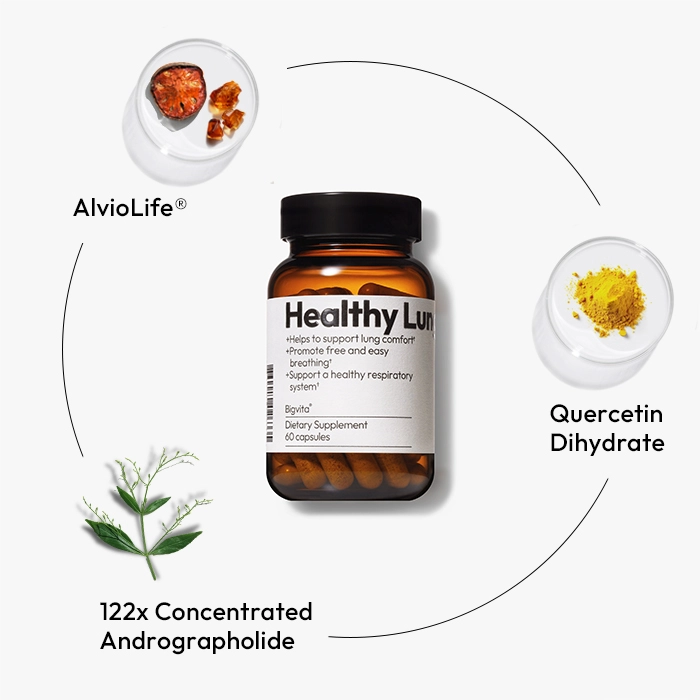Your lungs are a vital part of your body’s respiratory system, responsible for taking in oxygen and expelling carbon dioxide. However, many people take their lungs for granted and don’t realize the importance of maintaining lung health. In this article, we’ll explore the functions of the lungs, factors that can affect lung health, and tips for keeping your lungs healthy.
As mentioned, the lungs are responsible for the exchange of gases in your body. When you inhale, your lungs take in oxygen from the air, which is then transported to your body’s cells. Carbon dioxide, which is a waste product of cellular metabolism, is carried by your blood back to your lungs, where it is exhaled.
In addition to their role in gas exchange, the lungs also play a role in regulating the pH balance of your blood. When you exhale, you release carbon dioxide, which is acidic. This helps to prevent your blood from becoming too acidic, which can be dangerous.
Several factors can affect the health of your lungs, including:
- Smoking: Smoking is one of the most significant risk factors for lung disease. It can cause chronic bronchitis, emphysema, and lung cancer. Even exposure to secondhand smoke can increase your risk of lung cancer and other respiratory illnesses.¹
- Air pollution: Exposure to air pollution can also damage your lungs. Air pollution can come from sources such as traffic, industry, and wildfires. Particulate matter, which is a type of air pollution, can be especially harmful to your lungs.
- Occupational exposure: Certain occupations, such as mining, construction, and manufacturing, can expose workers to harmful substances that can damage their lungs. This includes things like silica dust, asbestos, and coal dust.²
- Genetics: Some people are born with genetic conditions that can affect their lung health, such as cystic fibrosis.³
Fortunately, there are several things you can do to keep your lungs healthy:
- Don’t smoke: If you’re a smoker, quitting is the best thing you can do for your lung health. It’s never too late to quit, and the benefits of quitting can be seen almost immediately.
- Avoid exposure to air pollution: If possible, try to limit your exposure to air pollution. You can do this by avoiding areas with heavy traffic, using air filters in your home, and avoiding outdoor exercise on days with high levels of air pollution.⁴
- Wear protective equipment: If you work in an occupation that exposes you to harmful substances, make sure you wear the appropriate protective equipment. This may include things like respirators, gloves, and eye protection.
- Exercise: Regular exercise can help keep your lungs healthy by improving your lung capacity and increasing your respiratory muscles’ strength.
- Eat a healthy diet: Eating a diet rich in fruits and vegetables can help support your lung health. Certain nutrients, such as vitamin C and antioxidants, can help protect your lungs from damage caused by harmful substances.
- Take supplements: Intake of dietary supplements could be an effective tool to keep your lungs functioning optimally.
Maintaining healthy lungs is essential for overall health and well-being. By avoiding smoking, limiting your exposure to air pollution, wearing protective equipment, exercising regularly, and eating a healthy diet, and dietary supplements can help keep your lungs healthy. If you have concerns about your lung health, it’s always best to speak with a healthcare professional.
¹ https://www.niehs.nih.gov/health/materials/lung_health_and_your_environment_508.pdf
² https://www.hopkinsmedicine.org/health/conditions-and-diseases/occupational-lung-diseases
³ https://my.clevelandclinic.org/health/diseases/9358-cystic-fibrosis
⁴ https://www.nhlbi.nih.gov/health/lungs/lung-health



